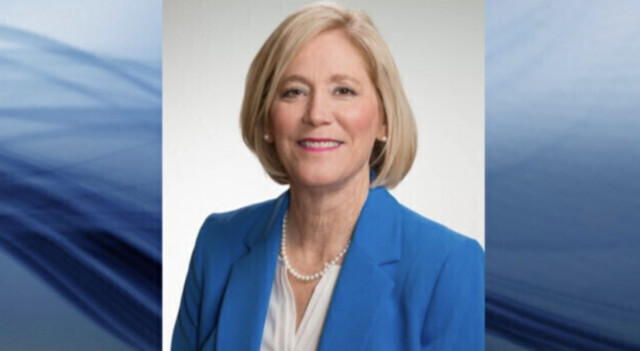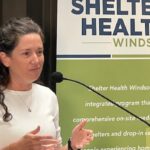I just logged into my parliamentary sources to find that our region’s rookie MP has landed a significant role in Ottawa. Following the 2023 election shuffle, Castlegar’s Tracy Konanz secured a spot on the federal health committee – a position that could give our region greater influence in national healthcare discussions.
The Standing Committee on Health tackles everything from pharmaceutical policy to healthcare funding and public health emergencies. For communities across the Kootenays, this appointment potentially means having a direct voice in discussions about rural healthcare access – something folks at last month’s Nelson town hall highlighted as a critical concern.
“I’m honored to represent the voices of British Columbians on issues that affect everyday health outcomes,” Konanz said in a statement Tuesday. “From addressing the ongoing challenges in our healthcare system to ensuring rural communities have access to services, I look forward to bringing our regional perspective to these important conversations.”
The appointment comes at a particularly consequential moment. Health Minister Mark Holland confirmed last week that negotiations with provinces over the Canada Health Transfer are entering a critical phase. The federal government committed an additional $196 billion over ten years in its February budget announcement, though provincial health ministers continue pressing for larger contributions.
For smaller communities like Castlegar, Trail and Nelson, healthcare accessibility remains a persistent concern. According to Statistics Canada’s 2021 data, roughly 17% of residents in rural British Columbia report having no regular healthcare provider – significantly higher than urban centers.
Dr. Margaret Thompson, head of the Kootenay Medical Association, told me this could represent a meaningful opportunity. “Having representation from our region on this committee might help address the unique challenges we face with physician recruitment and retention in smaller communities. These aren’t just policy discussions – they directly impact whether someone can see a doctor when they need one.”
The Standing Committee comprises representatives from across party lines and regions. While committee appointments sometimes fly under the radar, they represent the engine rooms of parliamentary work where detailed policy review happens before legislation reaches the House of Commons.
When I spoke with former MP Wayne Stetski last year about committee work, he emphasized how these positions can influence policy direction. “The committee is where the real work happens,” he explained. “That’s where you can actually shape legislation, hear from experts, and represent your constituents’ interests in a substantive way.”
Konanz indicated she plans to focus on several priorities, including addressing medical workforce shortages in rural communities and improving mental health support systems. These align with concerns I’ve heard repeatedly while covering community forums throughout the riding.
Local healthcare administrator James Ritter pointed out that recruitment challenges continue plaguing smaller facilities. “When Nelson loses a family physician, it impacts thousands of patients. Having someone at the federal table who understands these realities might help develop policies that actually work for communities like ours.”
The committee meets regularly when Parliament is in session, with proceedings typically available through parliamentary broadcasts. The next session begins late September after MPs return from constituency work.
For those tracking our region’s influence in Ottawa, this appointment suggests Konanz has secured a meaningful role despite being a first-term representative. The health committee handles approximately 20-25% of federal budget allocations, making it one of Parliament’s more consequential assignments.
Whether this translates to tangible improvements for local healthcare remains to be seen. As someone who’s covered four federal election cycles in this region, I’ve observed how committee appointments can either become platforms for genuine advocacy or simply resume-building exercises.
The true test will come when the committee addresses issues directly affecting communities like Castlegar – such as the ongoing discussion about updating the Canada Health Act to better account for virtual care services, or addressing the persistent challenges of mental healthcare in smaller communities.
I’ll be watching as this develops and speaking with healthcare providers across the region to track whether this federal appointment makes a difference where it matters most – in clinics, hospitals and care facilities throughout the riding.






